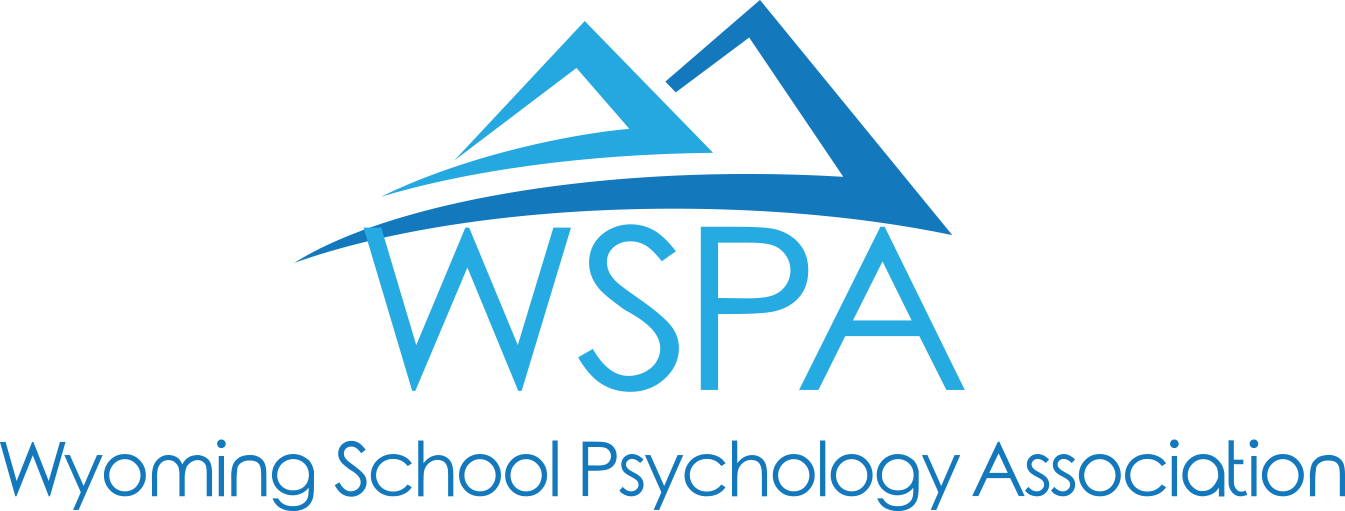***Post Written by Sarah Perkins, Membership Chair, Website Administrator for WSPA***
Watching my three-year-old son grow and mature has become a personal experience in child growth and development. One of my favorite things to witness is his emergent vocabulary. For example, I said the word “fragile” recently and he said, “What fragile do?” I told him that fragile means “easy to break” and he repeated that back me. I then made sure to use the word several times in the next few days and ask him what it meant.
This simple little interaction got me thinking. What if I never said words like fragile in front of him? What if I was too worried about multiple jobs and unpaid bills to engage his questions? What if I didn’t have the knowledge, time or ability to consciously reinforce learning? Without all of these things, my son probably would not know what the word fragile means. Of course, this is not crucial knowledge for a kindergartener, or even a third grader; however, when you multiple these types of interactions across an entire childhood, it definitely creates an advantage.
We all knew that already. The part that makes me nervous though, is when I start to think about how we avoid measuring that advantage. We could avoid vocabulary tasks when measuring cognition but that is not the only area where the education and income of the parent could influence the results. My son and I also discuss shapes and how they relate to each other. We discuss how the function of objects makes them similar or dissimilar. We play pattern games. In other words, we actively engage in activities that are comparable to those on cognitive tests. My son would probably do better on these tasks than a child who goes to a different preschool or doesn’t go at all or a child whose parents didn’t pass ninth grade. Those children should not be judged for the difficulties their parents face. But, from what I can tell, no cognitive test does a good job of ensuring that it doesn’t happen.
So, what are measuring when we measure cognition? A child’s ability to learn? Or the extent to which they have learned? Or simply their demographics? Given the current research on the changeability of cognitive scores in response to intervention, should we change the way we talk about cognitive ability? Should we be calling it something different? Should we be bothering to measure it all? Honestly, these questions make me a bit nervous because cognitive assessment is a big part of what it means to be a school psychologist. But just because they are unnerving doesn’t mean we shouldn’t think about them.

Recent Comments